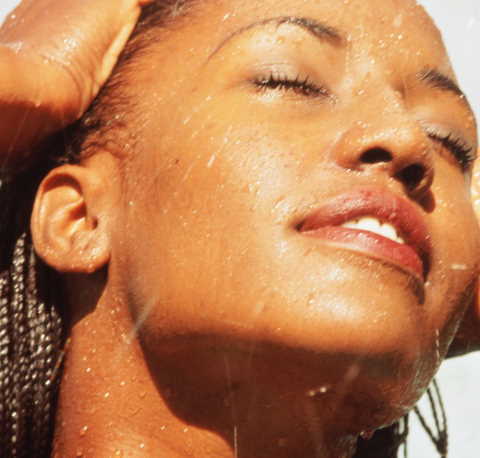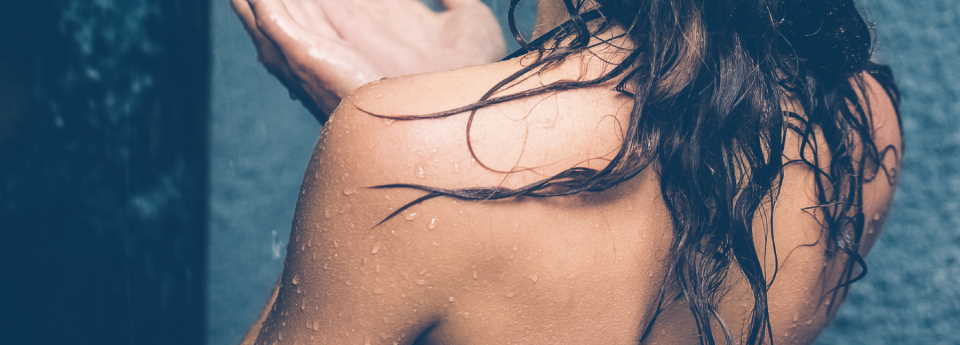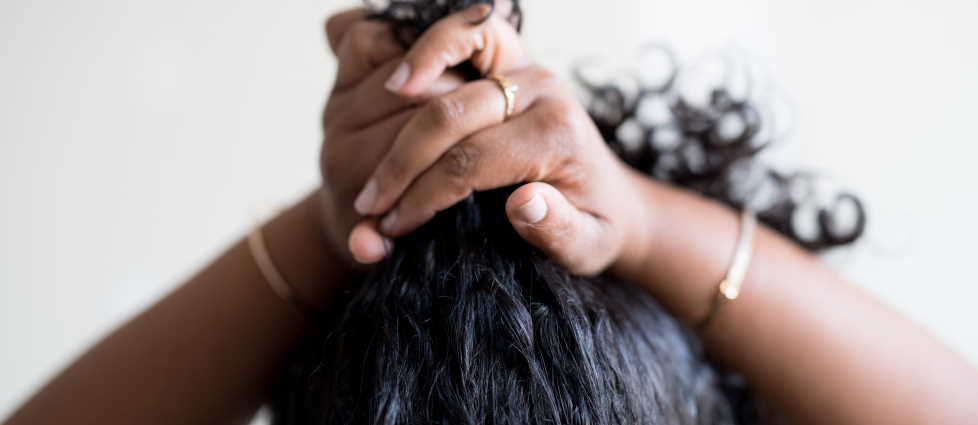Co washing is one of the most common no-shampoo trends, so that companies produce co cleaners, along with gentle sulfate-free shampoos. Until you start co-washing or adding your hair to your diet, you need to know a few things along with what is a co-washing meaning.
- Co washing is not for all:
Yeah, I know you are probably looking at me with a side eye, but the fact is you have such skin conditions such as dermatitis or naturally oily hair, so it is not for you to wash co-hair because shampoos also make your hair worse, but if you have frizzy, coloring, soothing, straightening and highlighting co-washing defers the condition.
-
 Check the components:
Check the components:
Watch for ingredients such as silicones and mineral oil (made in the laboratory and soluble without water). These ingredients trap moisture in the strands and prevent the hair shaft. This makes it impossible to wash without using strong detergents, such as sodium lauryl sulphate, which leaves you on your hair and scalp to build up. So you have to be vigilant with silicones and mineral oil because the purifiers in the conditioners are too soft to wash them off, if you want to use co washing as a daily part of your diet. However, by testing the ingredients ending in cone you can easily distinguish silicones.
- When required, explain with sulfate-free shampoo:
Maybe you want to explain your scalp and hair regularly with sulfate-free shampoos to prevent any big problems. If you save shampoo for a long time, your scalp will start itching you, so that you can use a mild and sulphate-free shampoo to alleviate itching. Sulfate-free shampoos are soft enough to purify the skin and hair without drying. Thus, you need to go through the pros and cons of co-washing.

- Do not use a deep washing conditioner:
When co washing instead of deep conditioning, go for a rinse-out conditioner. This is because deep conditioners can increase when applied continually without shampooing frequently, unlike washing out conditioners that are lighter and easier to rinse out of the hair. And you do not want to end up with Hygral exhaustion (over conditioning) so be careful how your hair feels. Use the deep conditioner only if your hair needs additional TLC.


